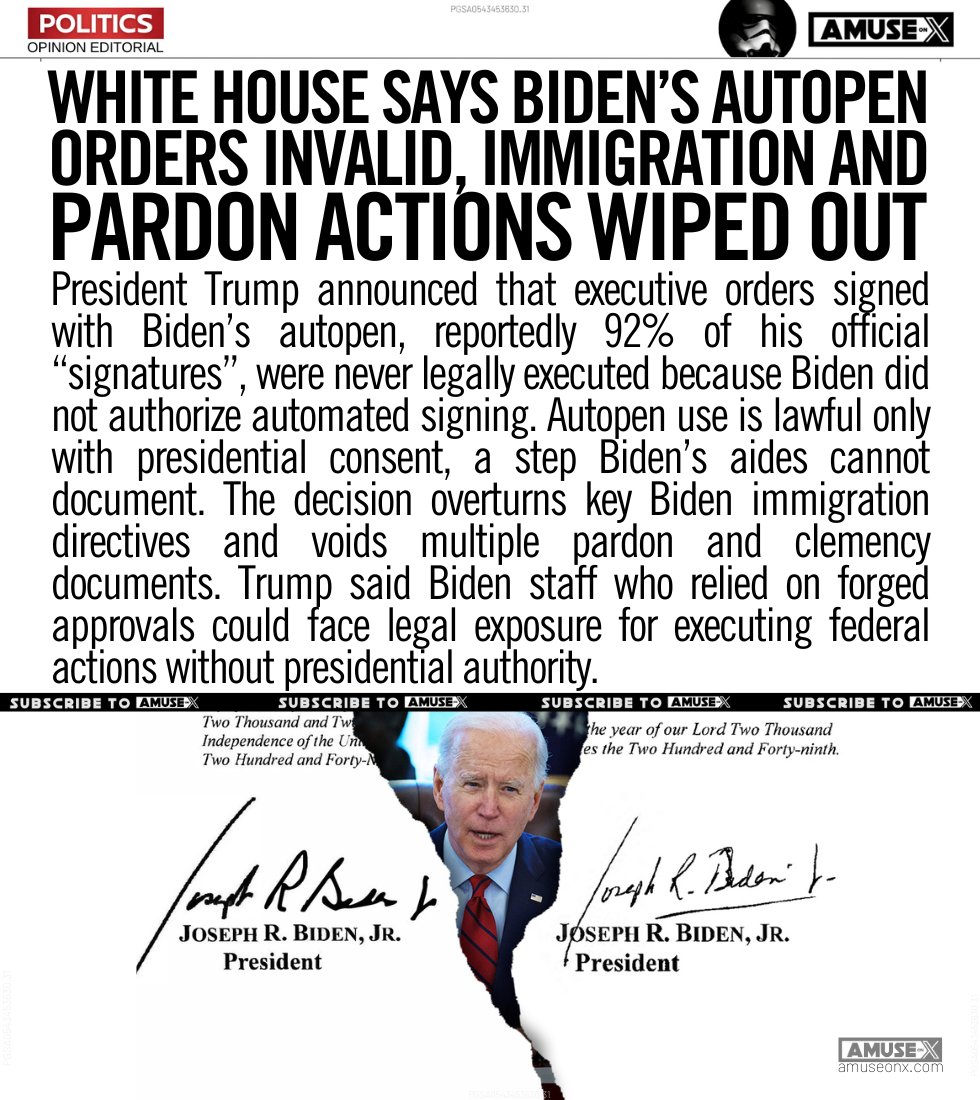LAWFARE: Biden's prosecutors have used the classified document prosecution to coverup their own crimes outlined in the Crossfire Hurricane Binders. From the start it has been a setup. Here is the damning timeline thanks to @julie_kelly2:
https://twitter.com/amuse/status/1786830247972737045
• • •
Missing some Tweet in this thread? You can try to
force a refresh








